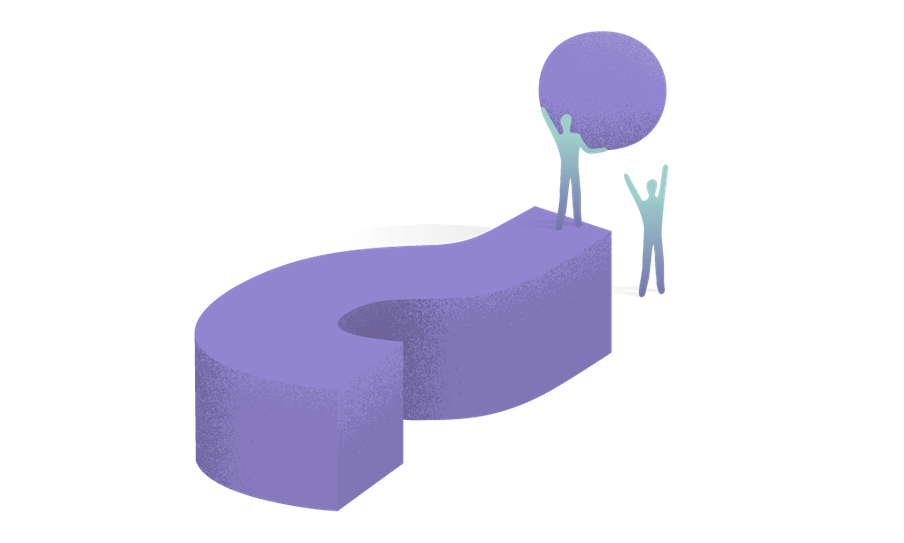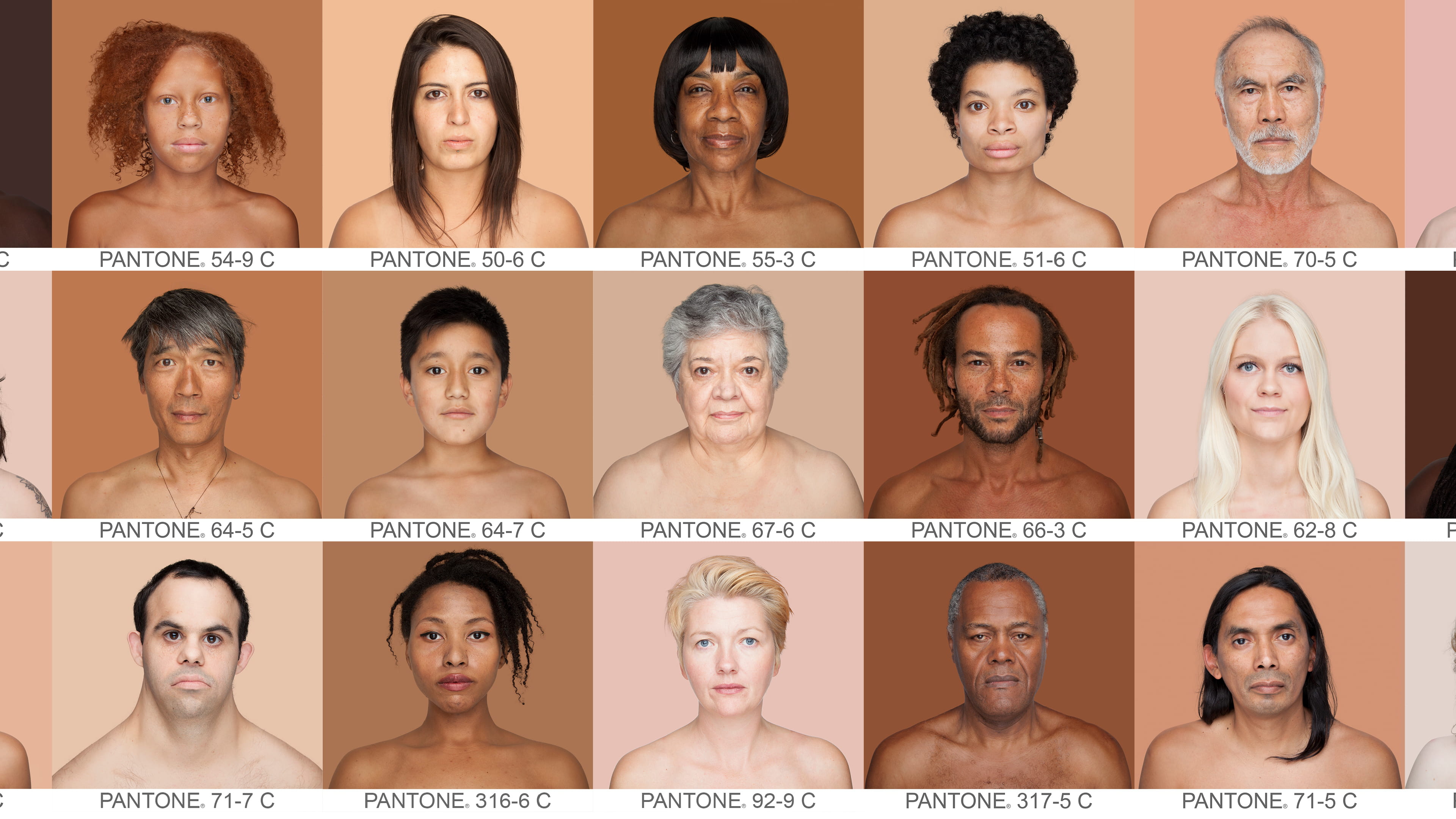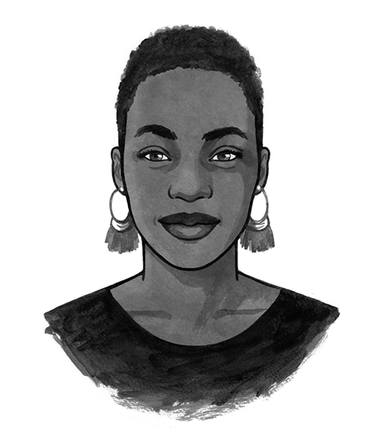Human beings are bad at being alone. We have a primal need to be in a community with other people who we feel can truly understand us. When this need is unmet, we barely survive.
To help us meet this need and nurture relationships where we feel safe, accepted and understood, we all tell stories. We tell stories about who we believe ourselves to be, who we perceive others to be, how we imagine that others see us, and how we interact with the world. Our self-stories shape our identities, colouring every experience we will ever have. So do the stories that others tell about us.
In a perfect world, all stories would be equal. They would all travel the same distance, shaping reality with the same weight and building equitable futures for everyone. Unfortunately, our world is not perfect. Not every story is told, heard or believed. Many stories are forgotten, crowded out or mistranslated. Some are sacred and told only to a select few.
I come from a nation of storytellers. Yoruba people have a rich oral tradition that shows up on special occasions like naming ceremonies, and in daily life via praise songs. We receive ancient wisdoms from divination and talking drums. Family histories are woven or dyed into fabrics passed from generation to generation.
Sadly, this beautiful culture is largely lost to me. Several generations ago, my family was firmly transplanted into a different culture, one in which the printed word takes precedence over a long memory. My grandmother and elder sister taught me to read when I was three. Since then, nobody has succeeded in curbing my voracious appetite for other people’s words about the world.
Books and the stories they contain have long been my favourite form of magic. They can fly us through the windows of other people’s dreams and guide us towards the most expansive parts of ourselves. Books can teach us lessons in compassion, empathy and understanding that might otherwise take a lifetime to learn. I honestly believe that good literature makes us more human.

To begin my deep-dive into the forces that produce unjust outcomes for some, I plan to investigate and highlight the differences in how people experience various social realities.
With The Other Shelf, the bookclub I’m launching, I hope to enter into a dialogue with you about the most powerful stories that have been committed to the printed page. I’d love to read and discuss the books that shifted your perspective on experiences, identities or social phenomena that you thought you already understood. We are starting in the month of October with the theme of death and dying.
Please recommend books that you think will change someone’s life (or even just their mind!), especially if you think those books deserve more popularity or visibility than they currently have. Send me excerpts that speak to the kind of borderless truths that bind us all. Point me in the direction of great authors you think I might not discover otherwise.
Every month, I will choose a book from among your recommendations. In my newsletter I will list the books I find most interesting, reveal the book of the month, share my reading plan, and ask for feedback from members who choose to read along.
From time to time, I will also organise online and offline meet-ups where we can discuss the book of the month. Depending on what insights we generate at these gatherings, the book of the month might influence or even directly inform the subject of my writing.
As your Othering Correspondent, I have the opportunity to invite you into my mind, perspectives and opinions. With The Other Shelf, I hope you will do the same for me.
Dig deeper
 The stick figure on the door
OluTimehin explores the unconscious ways we exclude each other
The stick figure on the door
OluTimehin explores the unconscious ways we exclude each other


